
Tri-ing It On
By Benjamin Picton of Rabobank
European leaders, including Volodymyr Zelenskyy, convened at the White House yesterday to discuss plans for peace in Ukraine. In defiance of the European position, President Trump reiterated that he is not interested in temporary ceasefires and will instead push for a lasting settlement. That will likely include “exchanges of territory” whereby Ukraine will presumably be forced to accept that Donbas will become part of Russia (and that Crimea already is) in exchange for freezing the frontline elsewhere and security guarantees being extended by Europe and the United States.
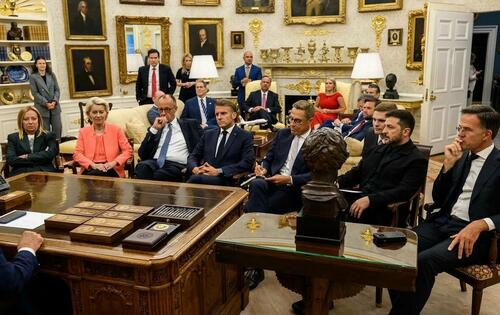
Vladimir Putin would likely see this as a significant victory because Russia does not currently control the entirety of the industrialised Donbas region where the need to ‘protect’ the Russian speaking population had been one of Putin’s professed cassus belli at the outbreak of the war.
For Ukraine’s part, Zelenskyy said that no “unacceptable decisions” were made yesterday. That could be interpreted as the Ukrainian leader grudgingly accepting that ceding territory to Russia is now an unfortunate fait accompli, or that Zelenskyy is still clinging to the more hairy-chested idea of “not one inch” of territory to be given up, because no formal agreement has been reached. I suspect it might be the former.
Of course, if security guarantees are to be provided the devil will be in the detail about who does the providing, with what, and paid for how. As our Global Strategist Michael Every implied in this note yesterday, Europe would like it to “still be the 1990s, please” with the USA shouldering the burden for all of the above. The Trump Administration – having won a sweeping electoral mandate by promising to end US military adventurism – will say it is Europe’s job to protect Europe, but that the USA would be happy to sell it the weapons required to do so. This is an argument that the US is winning and probably will win in the end.
The where to from here is a push by Trump to secure a bilateral meeting between Putin and Zelenskyy sometime in the next fortnight, to be followed by a trilateral meeting between Trump and the two other leaders after that. The EU, presumably, is set to be sidelined at that trilateral meeting despite the expectation that they will be writing the cheques for US arms and supplying the boots on the ground to enforce any security guarantees. As he pursues his ambition for a Nobel Peace Prize, Trump is playing poker with the house’s money and Ukraine’s land. EU pretentions to ‘strategic autonomy’ are once again exposed as an Emperor who has no clothes.
Elsewhere, Hamas has reportedly told Egyptian and Qatari mediators that it is willing to accept terms for a 60-day ceasefire in Gaza that would secure the release of half of the remaining Israeli hostages and include a surge of aid into the strip and Brazilian officials say that they are at an impasse with the United States over negotiations to reduce the punitive 50% tariff ostensibly applied in protest of the prosecution of former Brazilian President Bolsonaro.
The strategy by the Trump administration to employ carrots (in the case of Russia) and sticks (in the case of Russia, India, Brazil and Iran) against countries tempted to undermine US efforts to isolate China by deepening their own ties with the Middle Kingdom has been conspicuous. Consequently, the impasse with Brazil over the Bolsonaro prosecution perhaps only exists because the tariffs aren’t really related to Bolsonaro at all, but related to President Lula’s courting of closer ties with China. Similarly, the spurious fentanyl tariffs levied against Canada and Mexico probably have more to do with closing US land borders to transhipped Chinese goods than they do with the fentanyl figleaf, explaining why all of Mark Carney’s attempts to negotiate a better deal have mostly come to nought.
Speaking of figleafs, in Australia today a three-day productivity roundtable kicks off where the great and the good of Australian industry, bureaucracy and labor unions will gather to thrash out points of consensus on overdue economic reform. The day started with an address from Reserve Bank Governor Bullock – who recently told journalists in Sydney that productivity isn’t actually the RBA’s bailiwick – and the attendees will consider reform recommendations from Australia’s Productivity Commission – who the unions campaigned to abolish at the last election.
Meanwhile, the country’s largest steelmaker has said that energy-rich Australia’s gas is too expensive and a domestic reservation scheme needs to be implemented to protect manufacturing while the Prime Minister – whose party opposed a domestic gas reservation scheme at the recent election – continued to talk up the transition away from fossil fuels and towards renewables.
The Prime Minister used his own opening comments at the roundtable to suggest that GDP growth is not actually the be all and end all. That is just as well, because the central bank Governor also told journalists in Sydney that Australia’s productivity growth is sufficiently poor to ensure that there won’t actually be much GDP growth, unless something changes.
If all of this gives the impression that achieving reform consensus will be a bit like herding cats, it’s because it is. That is probably why Canberra has achieved little of substance on economic reform for the last 25 years.
Tyler Durden
Tue, 08/19/2025 – 13:00

 3 miesięcy temu
3 miesięcy temu
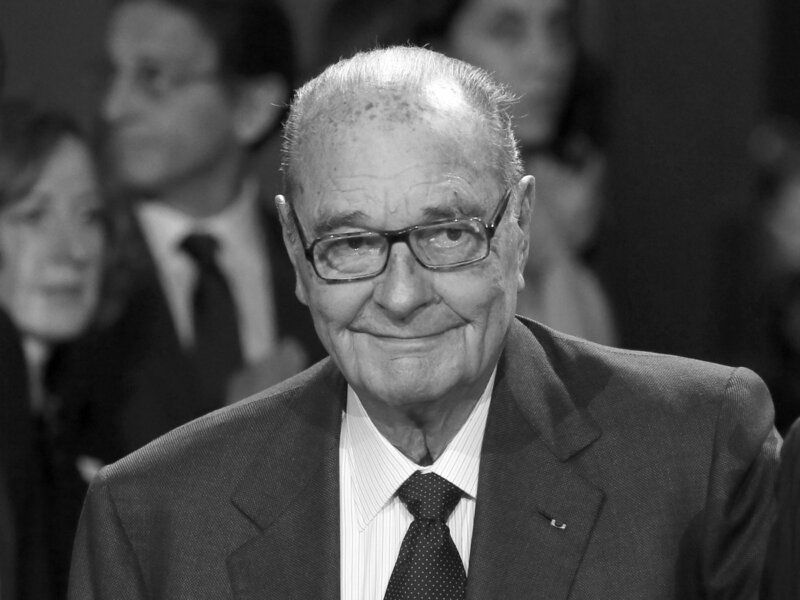
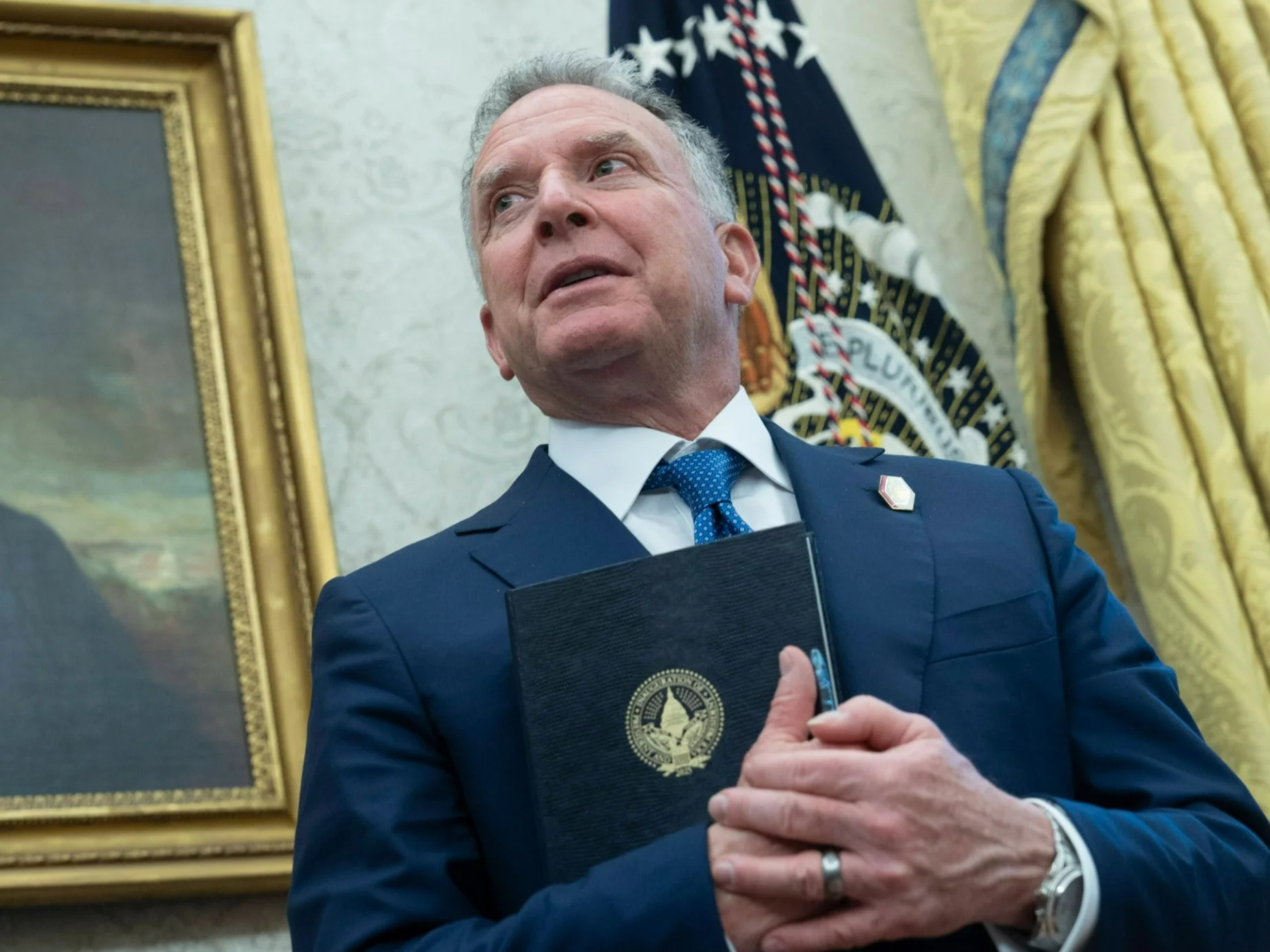

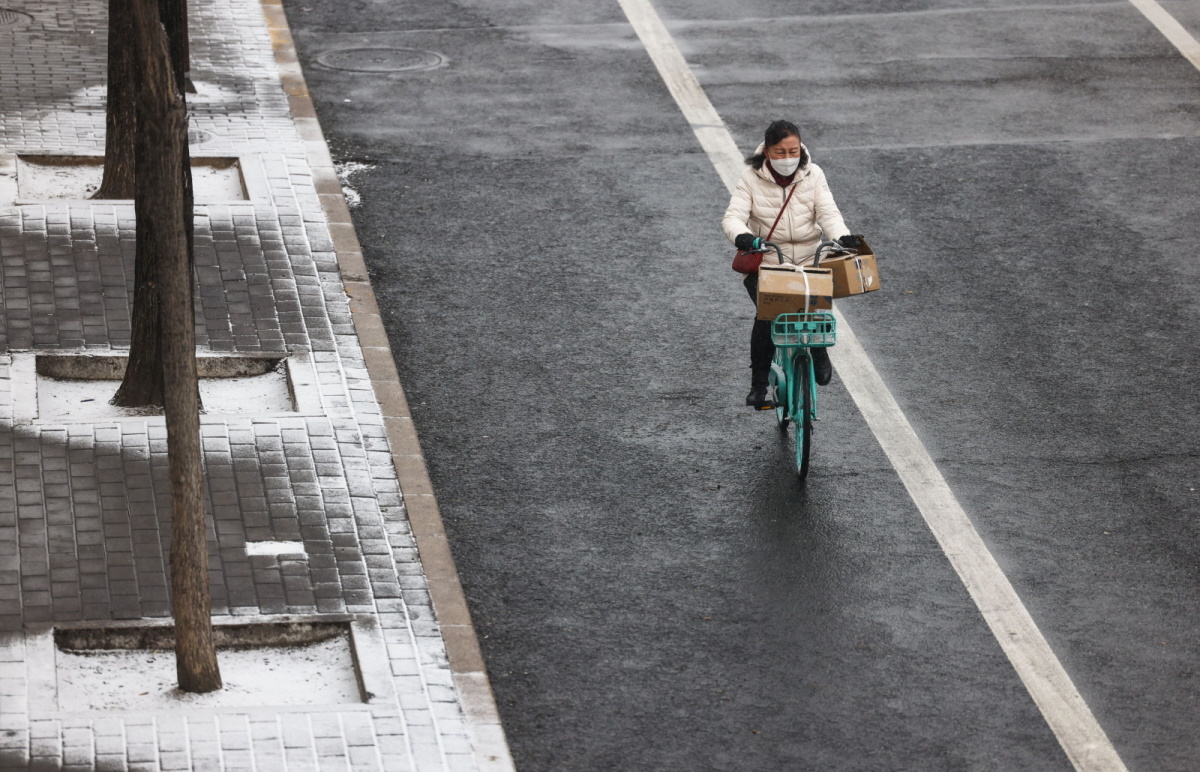

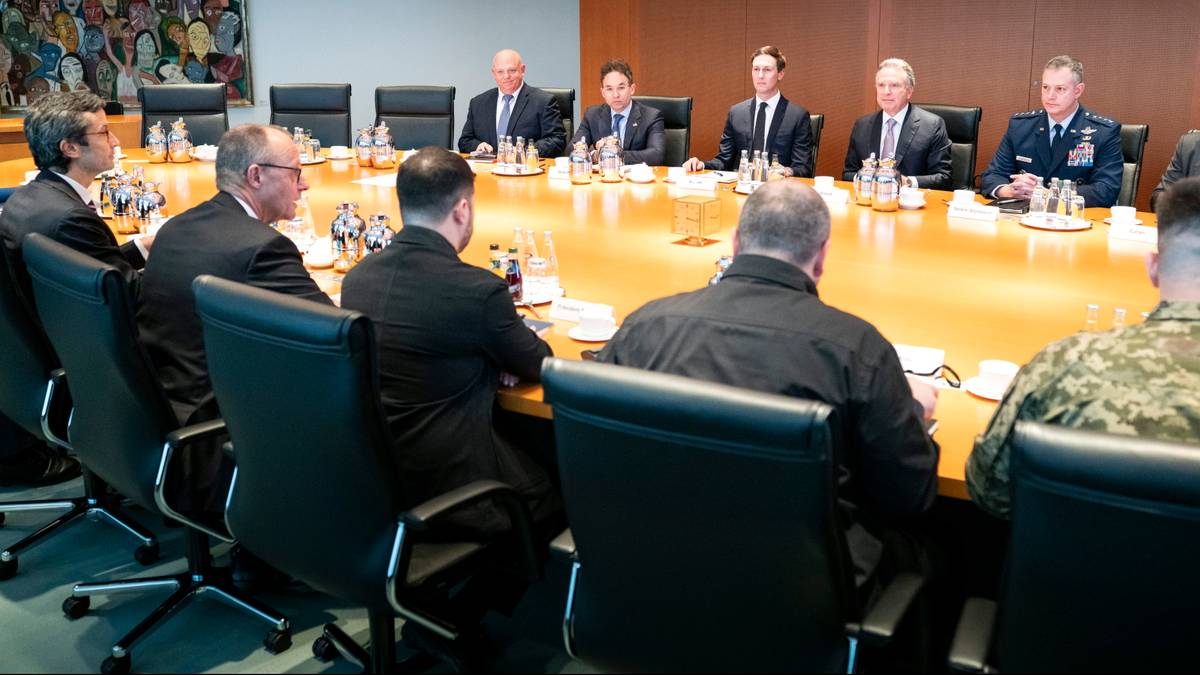

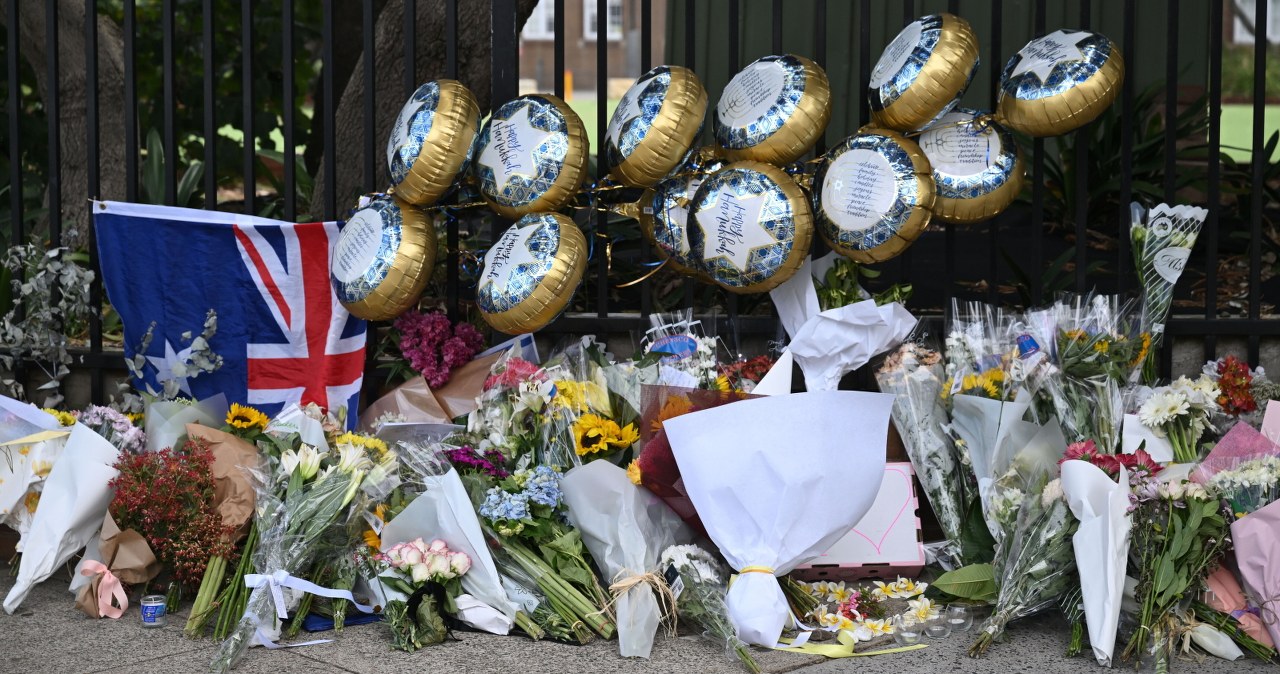
![Czy „Lelek” miał swoich ludzi w gangu „Carringtona”? – Odcinek 9 [Audiobook] Dz…](https://i2.wp.com/migranciwpolsce.pl/wp-content/uploads/2025/12/6553425691724677748.jpeg?ssl=1)
